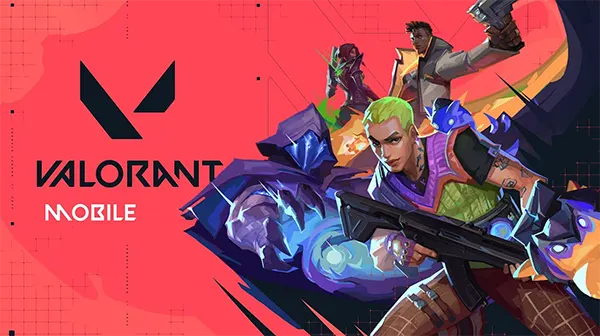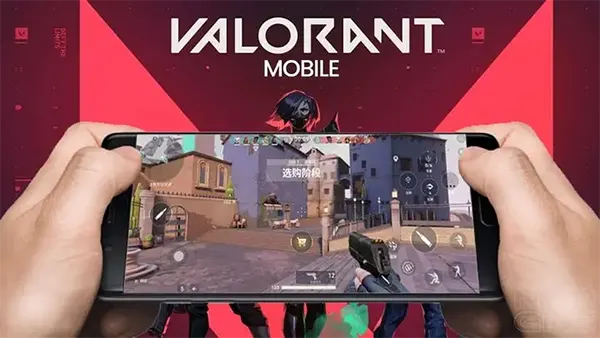Valorant Mobile: Bringing the Tactical Shooter Experience to Smartphones

Valorant Mobile marks a significant step in the expansion of Riot Games’ popular tactical shooter into the mobile gaming market. As of 2025, the game has entered advanced stages of closed beta testing in selected regions, aiming to deliver the same competitive and strategic gameplay that made its PC counterpart a global success. With a focus on adapting precise shooting mechanics, unique Agent abilities, and team-based objectives to touch controls, the mobile version seeks to balance accessibility for newcomers with the depth that appeals to experienced players.
Development and Adaptation for Mobile Devices
Adapting Valorant for smartphones required more than just scaling down graphics or interface elements. Riot Games has redesigned aspects of the control system, optimising it for touchscreen input without losing the game’s competitive integrity. The development team has invested heavily in creating responsive virtual joysticks, refined aim-assist options, and customisable control layouts to accommodate diverse player preferences and device capabilities.
Performance optimisation has been a top priority to ensure smooth gameplay across a range of hardware. From high-end flagship devices to more modest smartphones, the aim is to deliver stable frame rates, minimal input lag, and quick loading times. Riot has also integrated scalable graphics settings, allowing players to fine-tune performance based on their device’s capabilities.
Another major adaptation involves user interface design. The compact mobile screens demanded a rethinking of how information such as minimaps, ability cooldowns, and health indicators are displayed. The result is a cleaner, less intrusive HUD that prioritises essential information without obstructing the player’s view during intense combat.
Closed Beta Progress and Community Feedback
The closed beta testing phase, launched in select Asian and Latin American countries in late 2024, has provided Riot Games with valuable insights. Players have praised the game’s visual fidelity and the faithful recreation of Agent abilities. However, feedback has also highlighted the challenges of mastering precision shooting on touchscreens, prompting the development team to further refine control sensitivity and aim-assist features.
One of the key aspects of the beta process is Riot’s focus on community-driven adjustments. Weekly updates during the testing phase have addressed balancing issues, matchmaking times, and bug fixes. This iterative approach ensures that by the time of global release, Valorant Mobile will meet both competitive standards and player expectations.
Riot has also begun experimenting with cross-progression features, allowing players to link their Riot accounts to share cosmetic items and progression between PC and mobile. While crossplay between PC and mobile is not currently planned due to competitive balance concerns, the shared progression system adds value for players invested in the franchise.
Gameplay Features Unique to the Mobile Version
While Valorant Mobile retains the same core gameplay loop—attackers planting a spike and defenders preventing detonation—it introduces several features tailored for mobile audiences. Quick Play modes with shorter rounds have been added for those looking for fast, casual matches, complementing the traditional ranked format aimed at competitive players.
Riot has also implemented an enhanced tutorial system, guiding new players through the fundamentals of shooting, ability usage, and map awareness. This tutorial adapts dynamically to player performance, offering personalised tips and drills to improve skills. For experienced players, advanced training modes allow for precise aim practice and ability timing rehearsals.
Additionally, the mobile version supports advanced social and communication tools. Built-in voice chat, quick ping systems, and one-tap ability callouts help coordinate team strategies without the need for external apps. These features are especially valuable for competitive play on the go.
Monetisation and Cosmetic Content
Valorant Mobile follows the same free-to-play model as its PC counterpart, with monetisation limited to cosmetic items such as weapon skins, Agent outfits, and player cards. Riot Games has confirmed that no gameplay advantages can be purchased, maintaining a fair playing field for all participants.
The game’s seasonal Battle Pass offers exclusive mobile-themed cosmetics alongside shared rewards for linked accounts. Limited-time events featuring unique skins and in-game challenges are planned to keep the player base engaged year-round. Mobile-specific cosmetics will ensure that dedicated mobile players can showcase their achievements distinctly.
In addition, Riot has committed to avoiding aggressive monetisation tactics that could disrupt gameplay flow. All purchases are optional, and the core experience remains fully accessible to free players, reinforcing the studio’s commitment to fair competitive gaming.

Release Timeline and Future Prospects
As of early 2025, Riot Games is targeting a phased global release for Valorant Mobile, beginning with expanded beta testing in Europe and North America during the first half of the year. The official worldwide launch is anticipated in late 2025, contingent on feedback and final optimisations from the beta phases.
Looking ahead, Riot has plans to introduce mobile-exclusive maps and limited-time modes to diversify gameplay experiences. These additions are designed to cater to shorter, more casual play sessions without compromising the competitive core that defines Valorant.
The company is also exploring potential collaborations with esports organisations to establish mobile-specific tournaments. Such events could open new opportunities for aspiring professional players, particularly in regions where mobile gaming dominates the competitive scene.
Impact on the Mobile Esports Scene
Valorant Mobile’s arrival has the potential to reshape the mobile esports landscape. By bringing a well-established tactical shooter to a platform already rich with competitive titles like PUBG Mobile and Call of Duty: Mobile, Riot is positioning itself as a major contender in the mobile FPS space.
Esports analysts predict that regional leagues could quickly emerge following the game’s launch, driven by Riot’s strong track record in organising competitive events. The mobile version’s accessibility and low hardware requirements could foster a more inclusive competitive environment, attracting players from diverse backgrounds and regions.
Ultimately, the success of Valorant Mobile will depend on Riot’s ability to maintain competitive integrity while embracing the unique characteristics of mobile gaming. If executed effectively, it could become a benchmark for future adaptations of PC-based tactical shooters.
